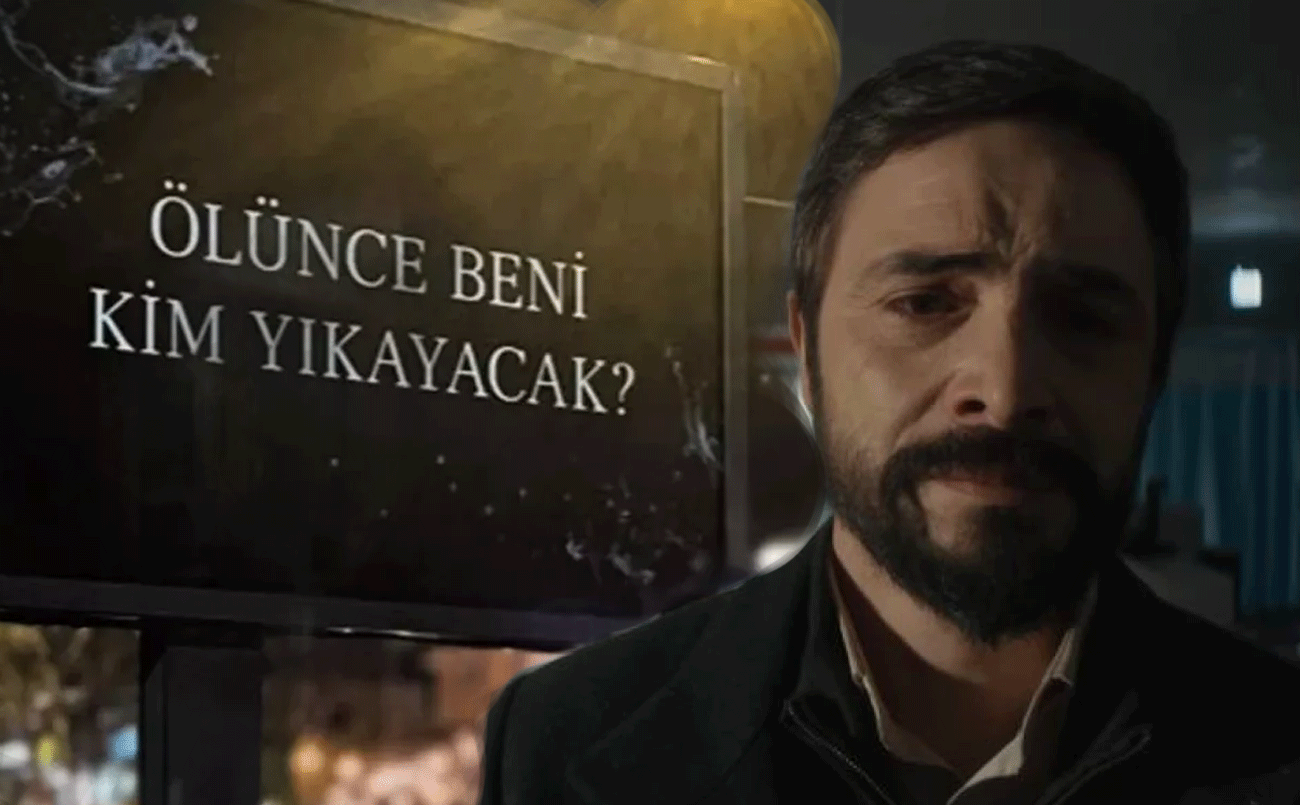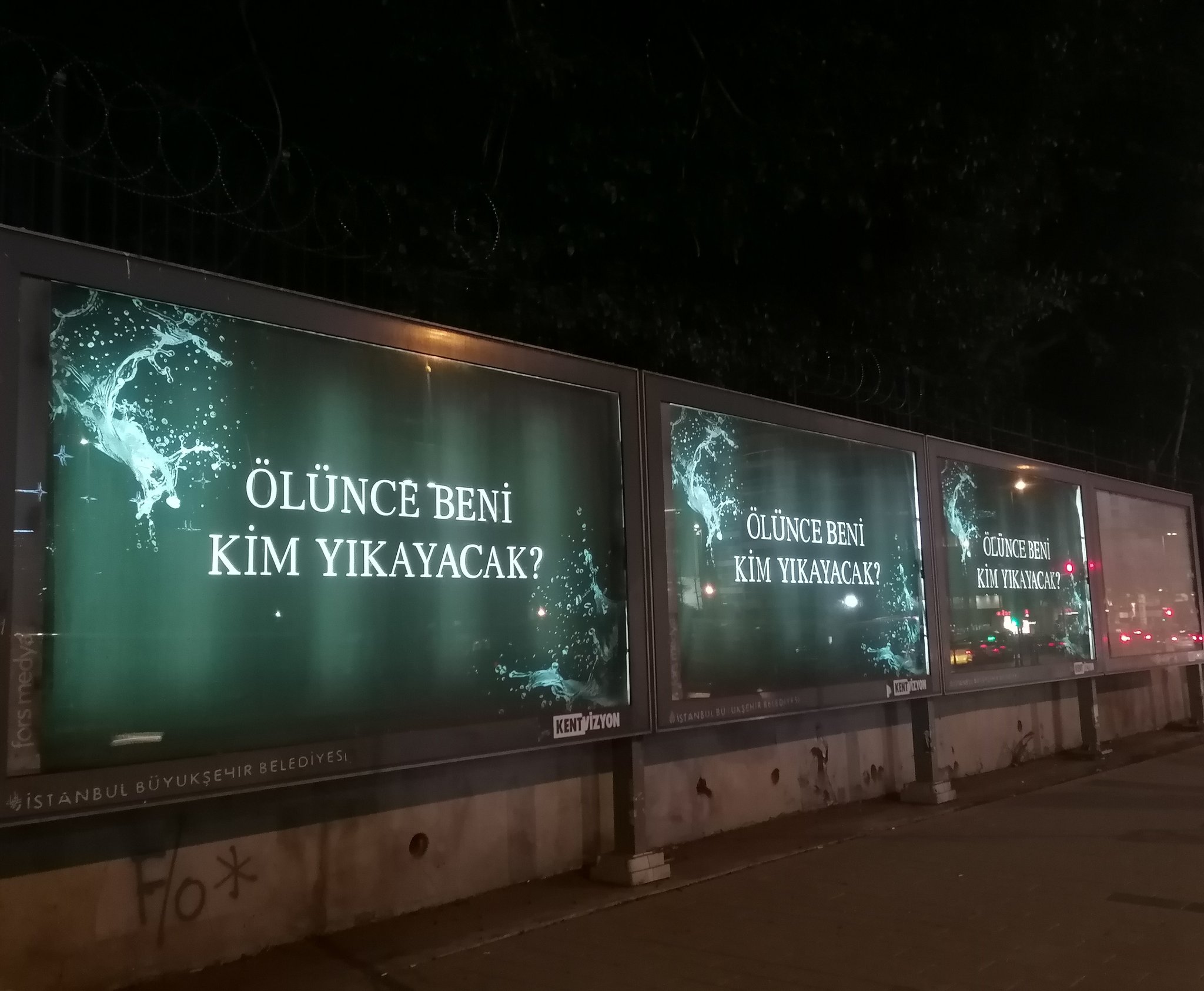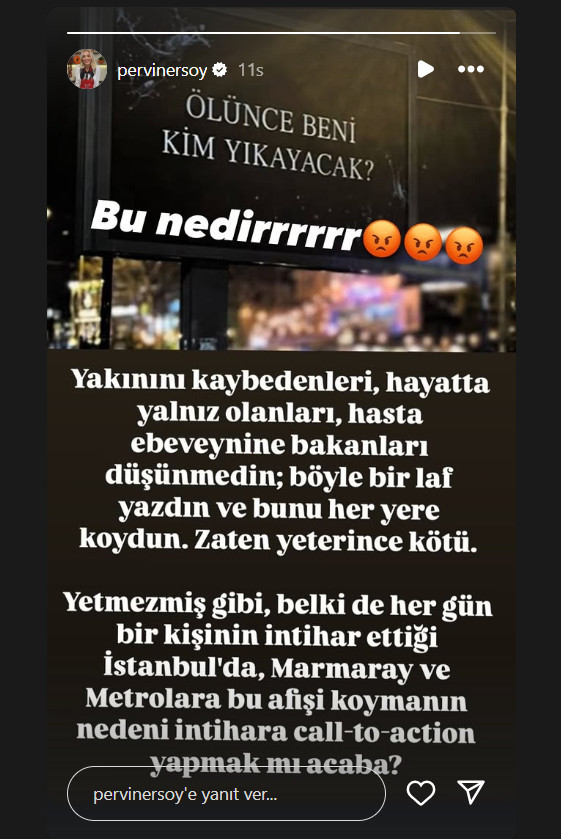
State broadcaster TRT's new series "Gassal" rapidly captured the attention of viewers both in Türkiye and internationally. Being aired on the TRT-owned digital platform Tabii, the series has quickly become a nationwide sensation.
The series, named after the Islamic term for a person who performs ritual "washing for the deceased," has sparked widespread discussions and earned top ratings in record time, per TRT's figures.
According to a statement from TRT, since its debut, the series has become a trending topic on social media. Its premiere episode garnered nearly 4 million views on the official Tabii YouTube channel.
Starring Ahmet Kural and directed by Selcuk Aydemir, the series has already completed filming for its second season. In the upcoming season, Kural will be joined by co-lead Hande Soral, with a script penned by Sumeyye Karaaslan.
Renowned actors Ercan Kesal, Nazan Kesal and Serhat Kilic will also join the cast, promising viewers unexpected twists and compelling storylines.

"Gassal" offers compelling storytelling, exploring the life of a young man who, after experiencing a life-altering tragedy, chooses to become the person responsible for washing the deceased.
His journey offers a poignant exploration of themes such as grief, redemption and spirituality with attention-capturing storytelling.
Blending elements of mystery, drama, and moral dilemmas, the narrative provides viewers with an emotionally charged experience that feels both authentic and thought-provoking.
Turkish audiences are known for their deep connection to stories rooted in tradition and culture.
The series taps into this sentiment by incorporating Islamic rituals and values into its storyline, offering a respectful portrayal of the spiritual practices surrounding death and the afterlife.
The series resonates with viewers by addressing universal questions of mortality and purpose, wrapped in the context of Turkish customs.

Social media platforms have played a pivotal role in the show's rise to fame. Fans have flooded Twitter, Instagram and TikTok with discussions about the plot's twists and emotional moments, creating an organic buzz.
Hashtags like #GassalSeries and #LifeAfterDeath have trended multiple times, further boosting the show's visibility.
Beyond its domestic success, the new series has started gaining traction internationally, with subtitles available in multiple languages on streaming platforms. Its universal themes and unique cultural lens make it appealing to a broader audience, positioning it as a potential global hit.
Tabii's advertising approach for the series has faced heavy criticism from some social media users, with many arguing that the slogan "Who will wash me when I die" could be triggering for individuals struggling with suicidal thoughts.
Pervin Ersoy, the wife of Türkiye's Minister of Culture Mehmet Nuri Ersoy condemned the advertisement billboards on metro and Marmaray stations where there have been multiple suicide cases in the last few years.
You didn't think about those who have lost loved ones, those who are alone in life, or those caring for sick parents; instead, you wrote such a phrase and placed it everywhere. It's already bad enough as it is.
As if that weren't enough, placing this poster in Marmaray and metro stations in Istanbul—a city where perhaps one person commits suicide every day—makes one wonder if the intention is to create a call-to-action for suicide.
Pervin Ersoy

With its gripping storytelling, cultural depth, and emotional resonance, "Gassal" has set a new standard for Turkish drama. As the series continues, fans eagerly await each new episode, while critics hail it as a defining moment in Turkish television.
For now, "Gassal" remains more than just a show—it’s a reflection of life’s most profound questions, delivered through the lens of exceptional storytelling.